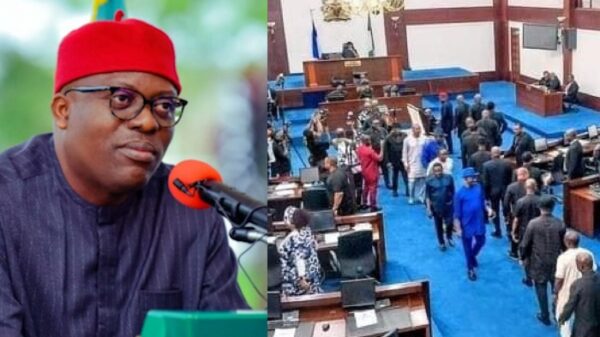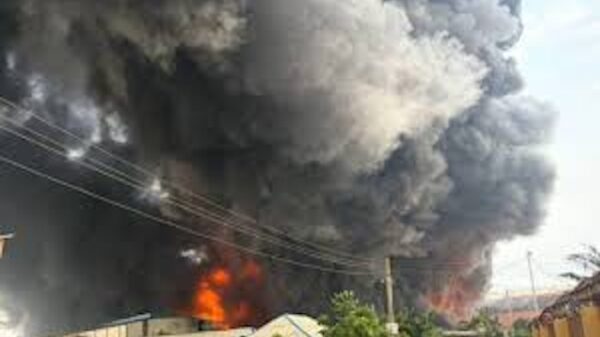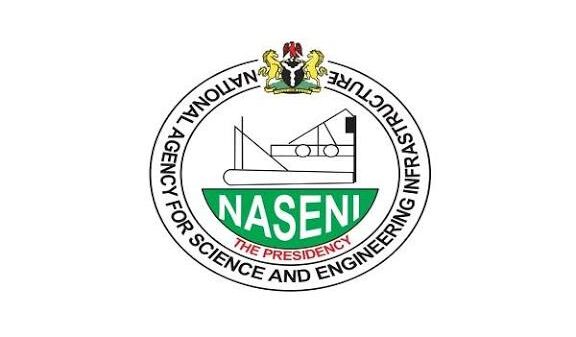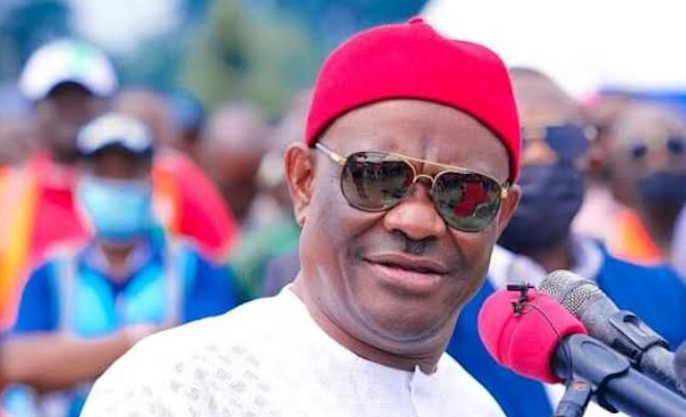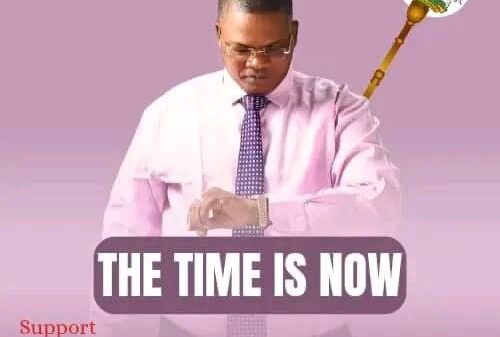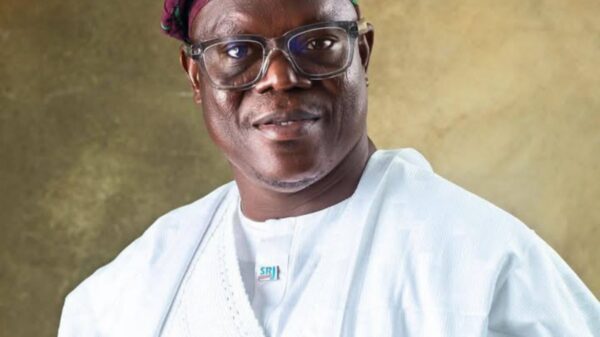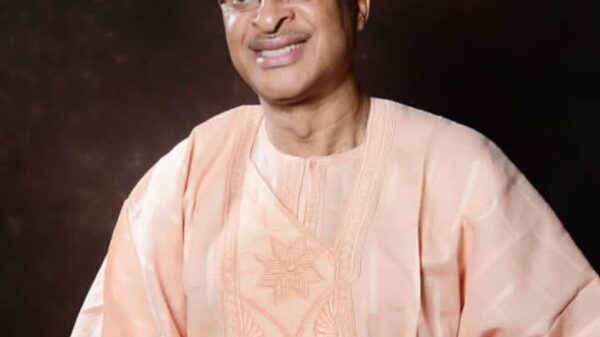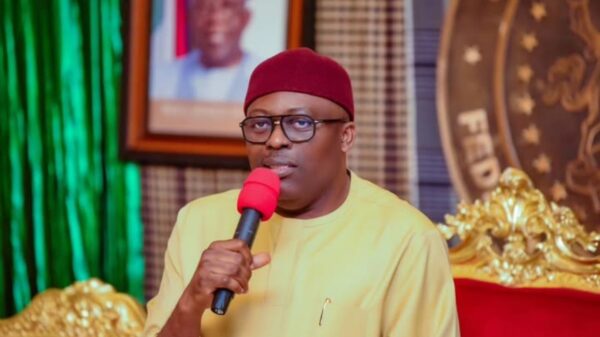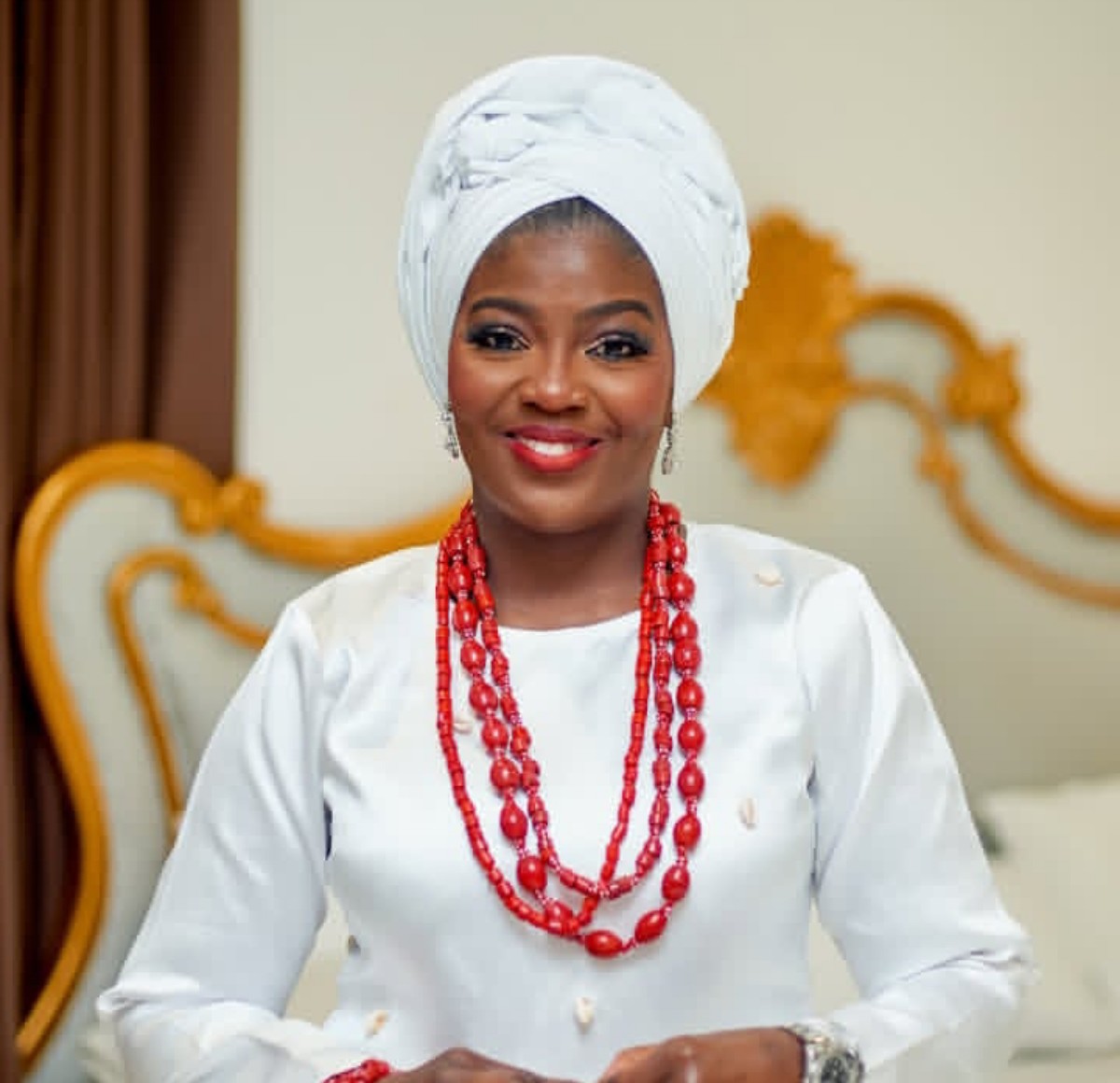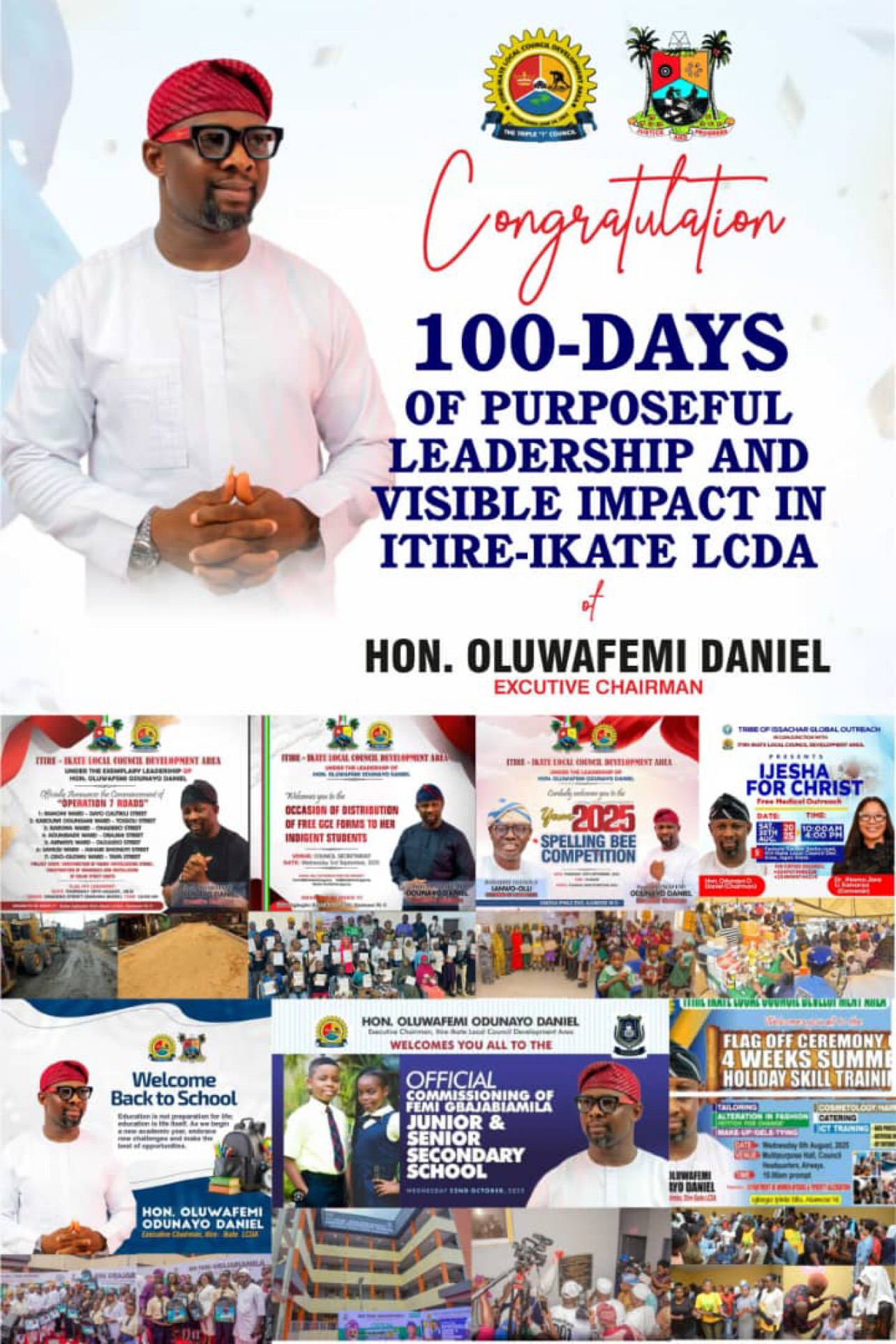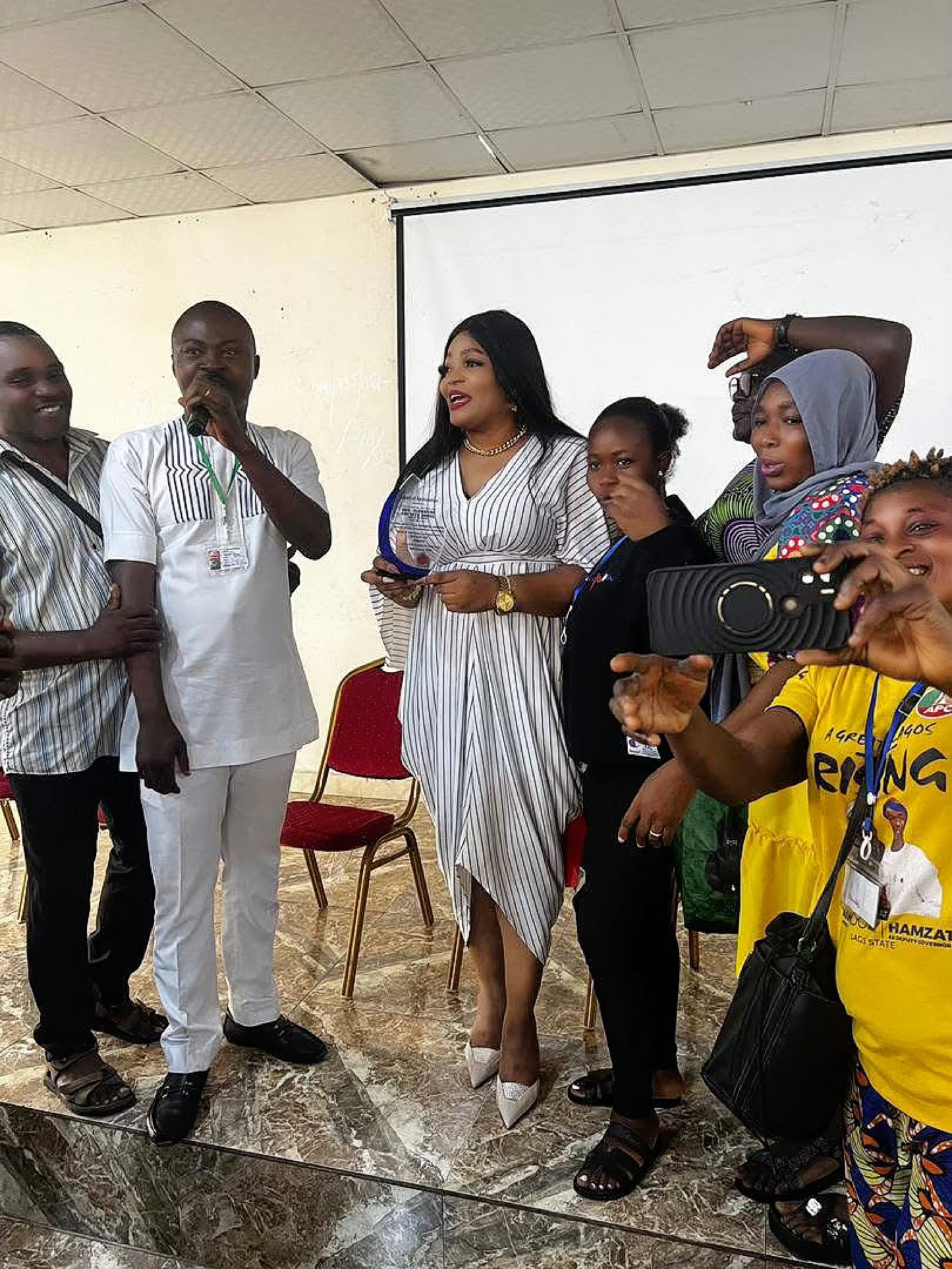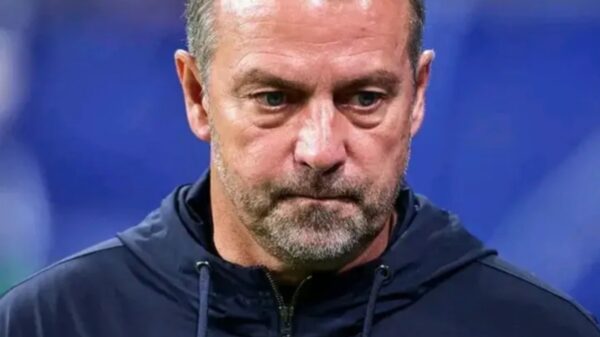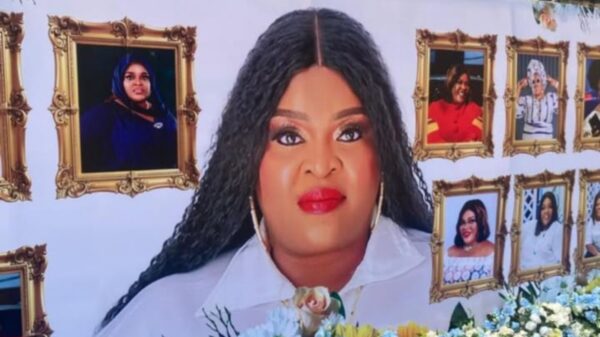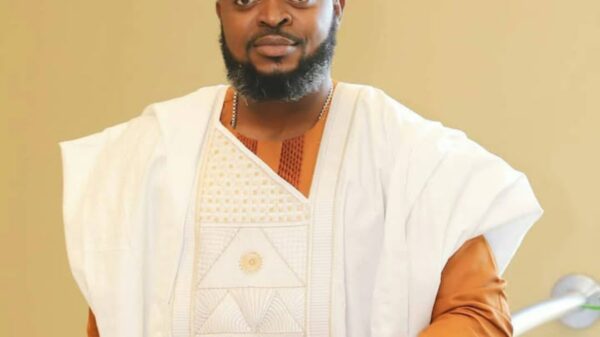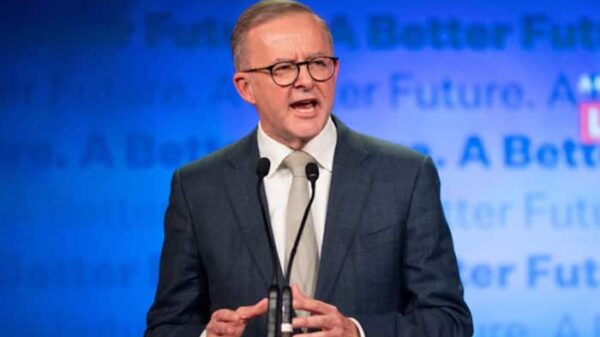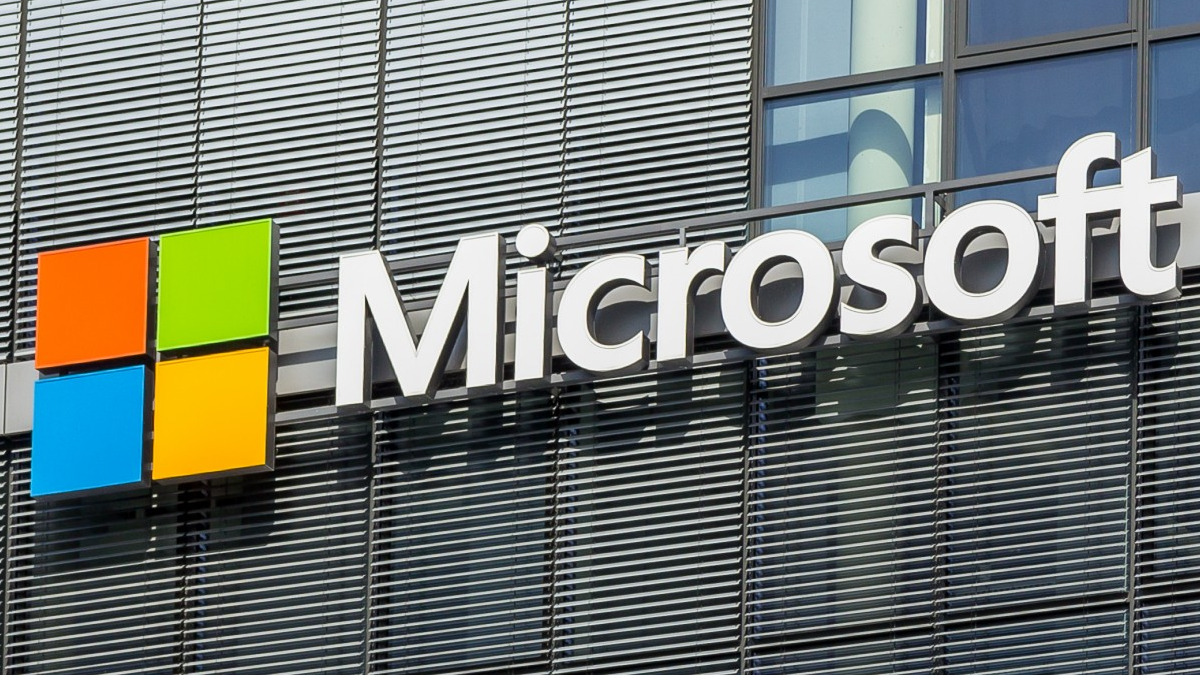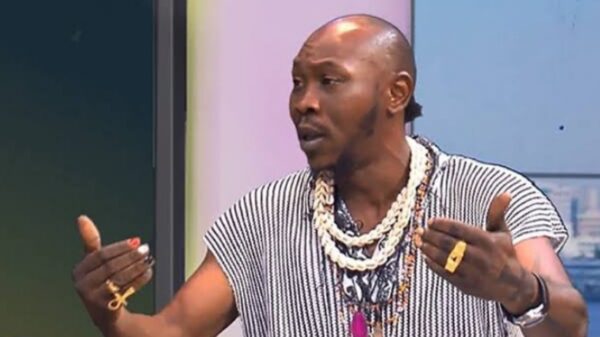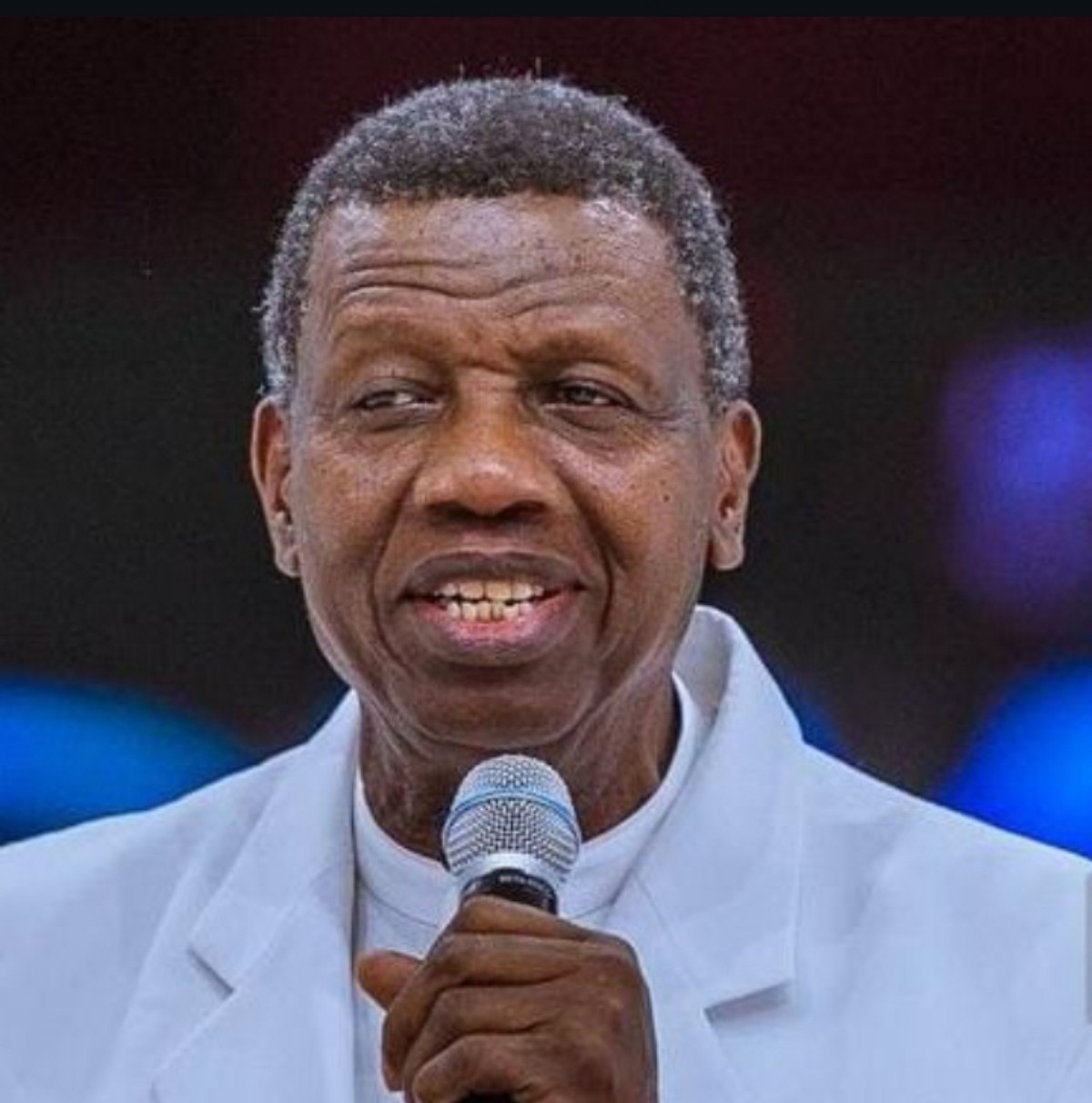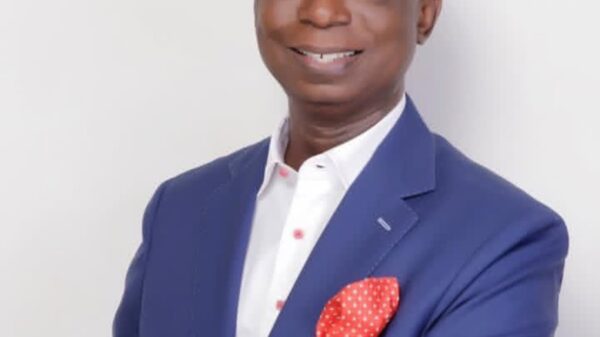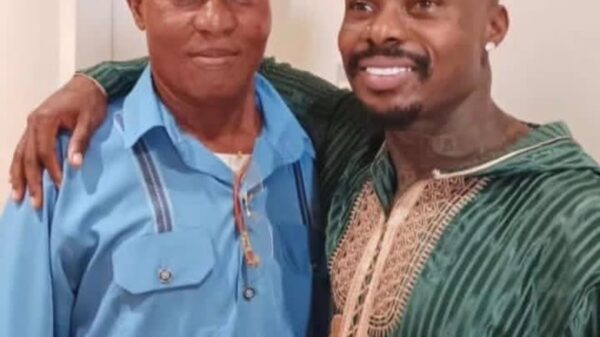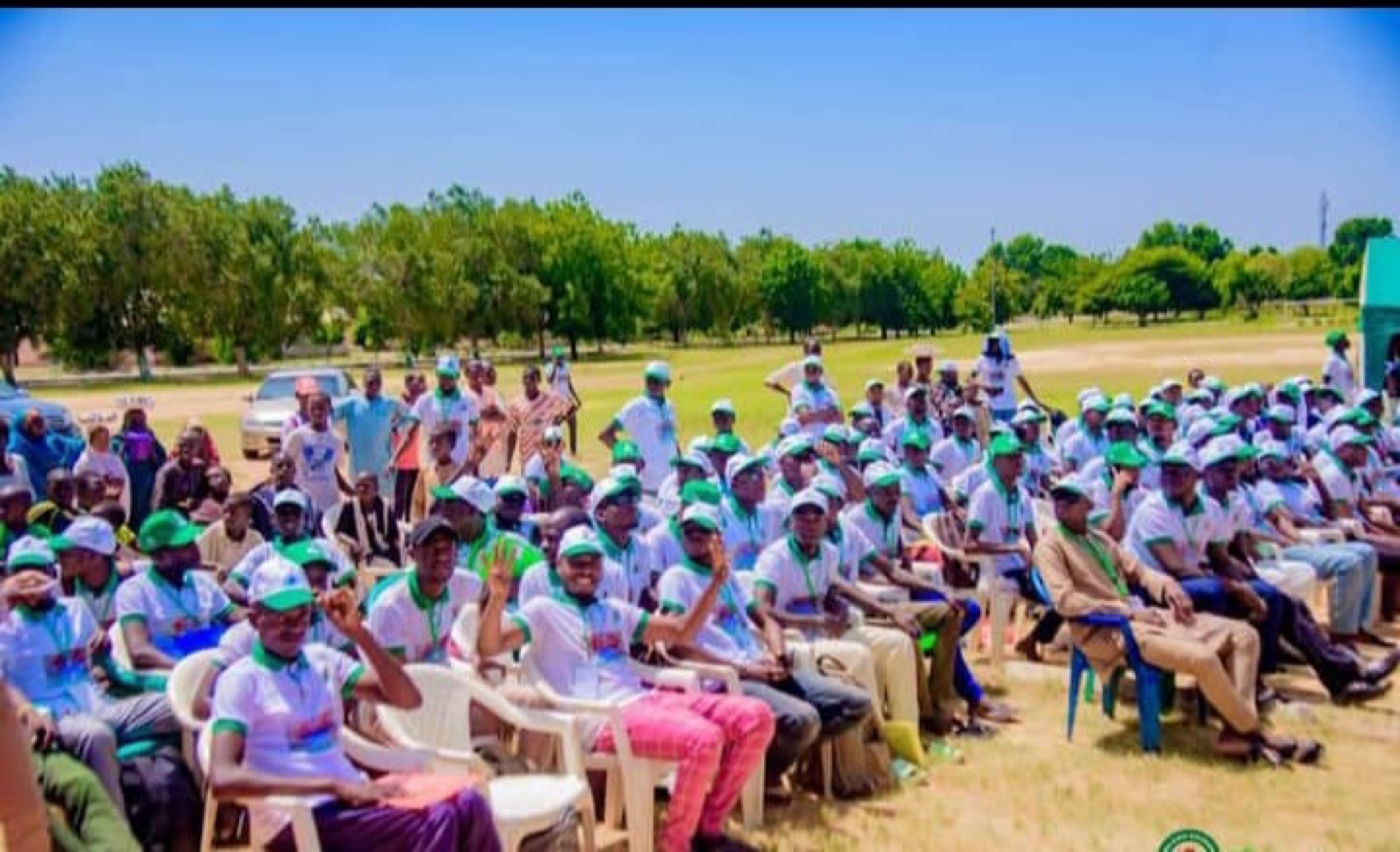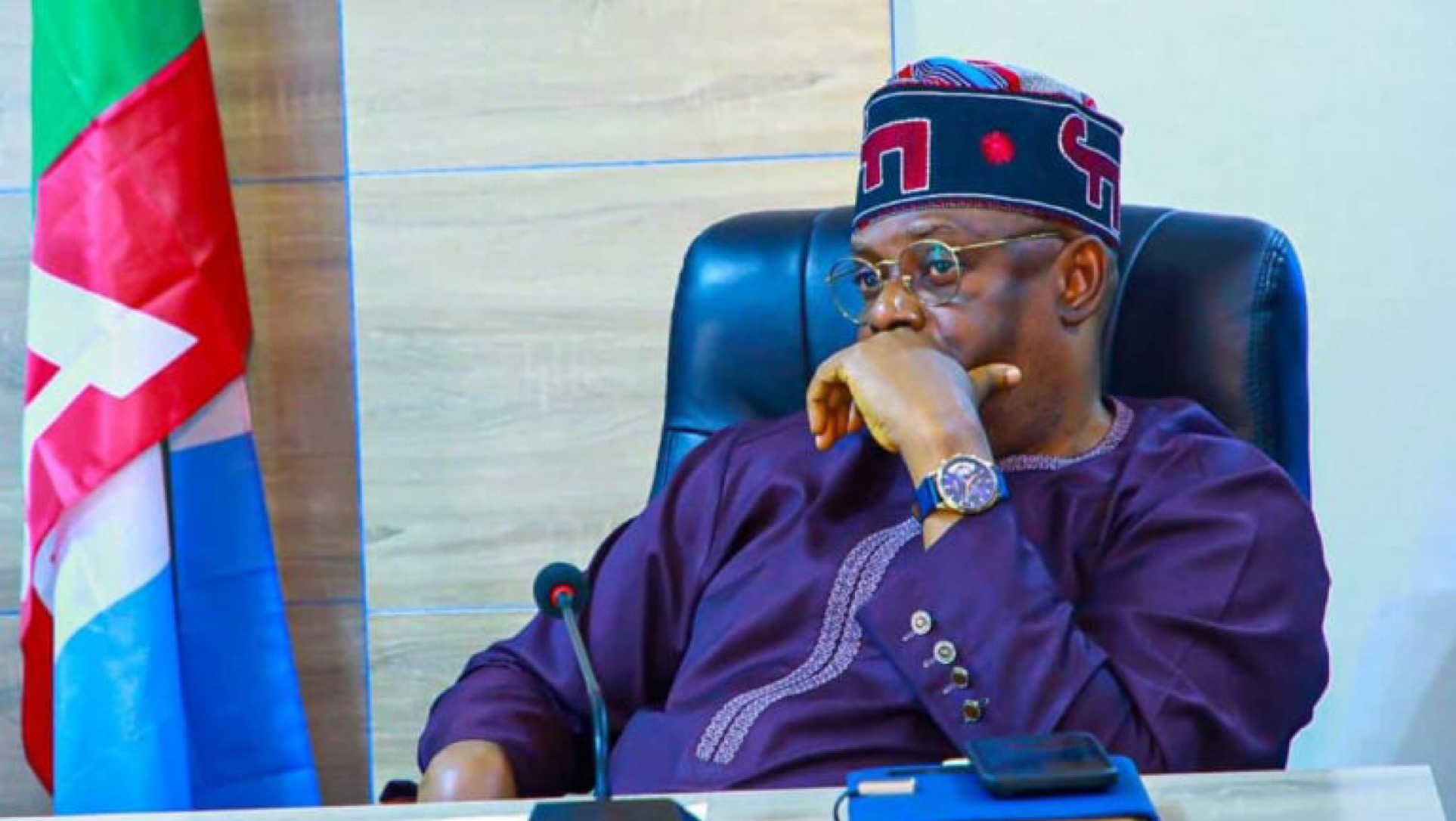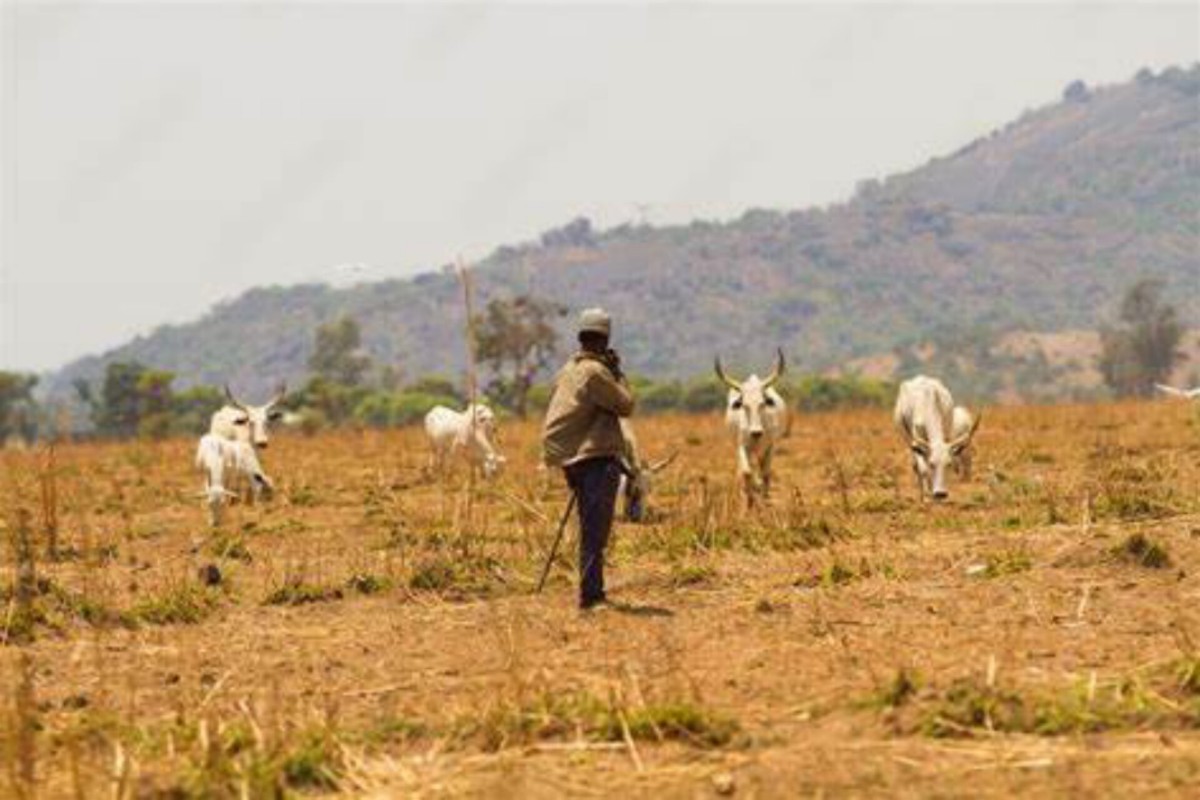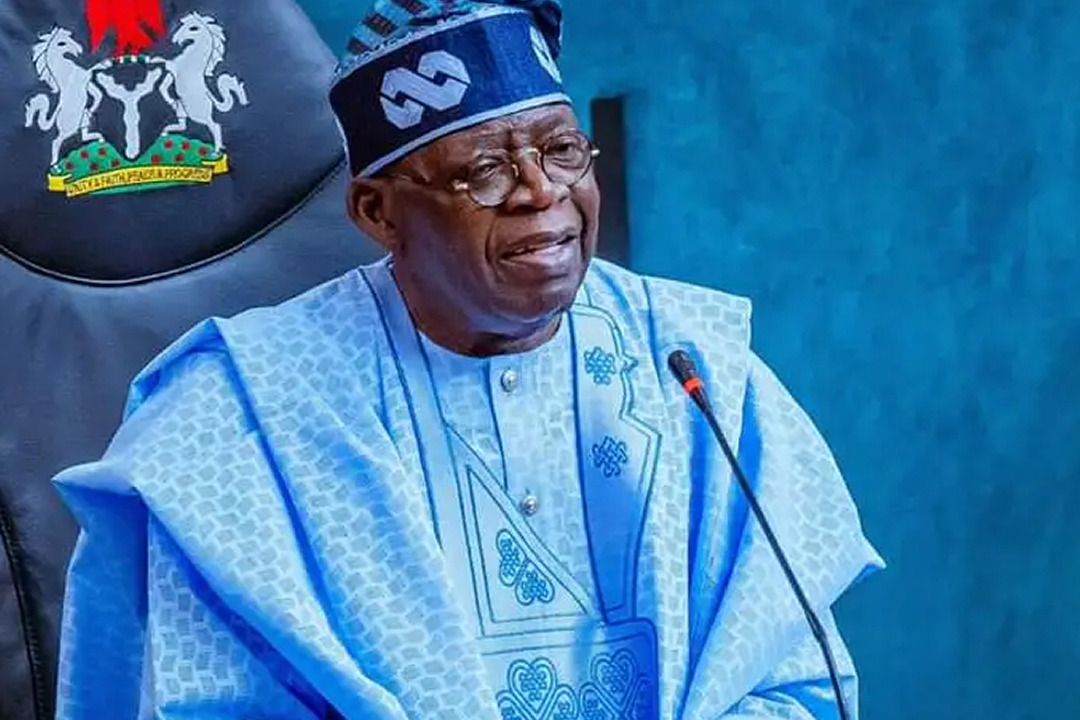President Bola Ahmed Tinubu on Wenesday, reiterated his call for a permanent seat for Nigeria on the United Nations (UN) Security Council, declaring that the global organisation will recover its relevance only when it reflects the world as it is, not as it was.
In a national statement read on his behalf by the Vice President, Kashim Shettima, during the ongoing general debate of the 80th session of the United Nations General Assembly (UNGA), the President also called for sovereign debt relief as well as access to trade and financing.
The event taking place in New York, United States, tagged UNGA 80, is themed: “Better Together: 80 Years and More for Peace, Development and Human Rights.”
Nigeria’s demand for a permanent seat at the UN security council has been a consistent feature of its foreign policy for decades, with successive administrations arguing that the current structure of the council does not reflect present global realities, still largely shaped by the outcome of World War II.
For years, Nigeria has argued that as Africa’s most populous nation and one of its largest economies, it has the demographic weight, peacekeeping record, and regional influence to justify a permanent position.
The current permanent members of the United Nations Security Council, often referred to as the P5, are: China, France, Russia, United Kingdom and the United States. These five hold veto power, which allows any one of them to block substantive resolutions regardless of majority support. No African is represented on the council.
Tinubu averred that Nigeria remains firmly convinced of the merits of multilateralism, stressing that to sustain that conviction, the UN must show that existing structures are not set in stone, and make real change.
“I want to make four points today to outline how we can do this: One: Nigeria must have a permanent seat at the UN Security Council. This should take place as part of a wider process of institutional reform.
“Two: We need urgent action to promote sovereign debt relief and access to trade and financing. Three: Countries that host minerals must benefit from those minerals. Four: The digital divide must close,” the President argued.
On the first point, Tinubu pointed out that the United Nations willrecover its relevance only when it reflects the world as it is, not as it was, calling for a restructuring of the global organisation.
“Nigeria’s journey tells this story with clarity: when the UN was founded, we were a colony of 20 million people, absent from the tables where decisions about our fate were taken; today, we are a sovereign nation of over 236 million, projected to be the third most populous country in the world, with one of the youngest and most dynamic populations on earth.
“A stabilising force in regional security and a consistent partner in global peacekeeping, our case for permanent seat at the Security Council is a demand for fairness, for representation, and for reform that restores credibility to the very institution upon which the hope of multilateralism rests.
“This is why Nigeria stands firmly behind the UN80 Initiative of the Secretary-General, and the resolution adopted by this Assembly on 18 July 2025, a bold step to reform the wider United Nations system for greater relevance, efficiency, and effectiveness in the face of unprecedented financial strain. We support the drive to rationalise structures and end the duplication of responsibilities and programmes, so that this institution may speak with one voice and act with greater coherence,” he argued.
Stressing that no nation can achieve a peaceful world in isolation, he described it as the heavy burden of sovereignty, a covenant of shared responsibility, a recognition that global survival is bound to the survival of others.
To live up to this charge, Tinubu emphasised that the world must walk hand in hand with neighbours and partners, follow the trails of weapons, of money, and of people, as these forces, too often driven by faceless non-state actors, ignite the fires of conflict across our region.
He stated that Nigeria’s soldiers and civilians carry a proud legacy, participating in 51 out of 60 United Nations peacekeeping operations since its independence in 1960 and standing with partners in Africa to resolve conflicts, especially through its commitment through the Multinational Joint Task Force (MJTF).
At home, Tinubu said that Nigeria is confronting the scourge of insurgency with resolve, but noted that while military tactics may win battles measured in months and years, but in wars that span generations, it is values and ideas that deliver the ultimate victory.
Convinced that the path to sustainable peace lies in growth and prosperity, the President noted that the government has taken difficult but necessary steps to restructure the economy and remove distortions, including subsidies and currency controls that benefited the few at the expense of the many.
Reaffirming his belief in the power of the market to transform, Tinubusaid that the task is to enable and facilitate, and to trust in the ingenuity and enterprise of the people, but said the process of transition is difficult and brings unavoidable hardship.
He invited the United Nations to re-examine the best use of scarce resources, with one critical area being climate change, arguing that it is not solely an environmental issue, but about national, regional, and international security.
Tinubu expressed the belief that there are huge, shared dividends to accrue from increased support for education, for resilient housing, for access to technology and financing to allow vulnerable communities to thrive: to become part of solutions, rather than problems.
Nigeria and Africa, he said, have made significant strides in recent years to put its affairs in order, stressing that the nations can take that progress to the next level, a level that presents new opportunities for trade, investment and profit, if they can access reforms to strengthen the international financial architecture.
“We need urgent action to promote debt relief – not as an act of charity but as a clear path to the peace and prosperity that benefits us all. I am calling for a new and binding mechanism to manage sovereign debt, a sort of International Court of Justice for money, that will allow emerging economies to escape the economic straitjacket of primary production of unprocessed exports,” he stated.
He added that investment in exploration, development and processing of these minerals, in Africa, will diversify supply to the international market, reduce tensions between major economies and help shape the architecture for peace and prosperity.
“I believe that we will strengthen the international order, when those countries that produce strategic minerals benefit fairly from those minerals – in terms of investment, partnership, local processing and jobs. When we export raw materials, as we have been doing, tension, inequality and instability fester,” he said.
In the same vein, the President called for a dedicated initiative, bringing together researchers, private sector, governments and communities, to close the digital divide, as the world stands on the threshold of new and dramatic technological change.
“We understand better than we did, the opportunities technology offers as well as the safeguards we need to enable growth and mitigate the potential for corrosion. Some worry about fake news. We have plenty of that, with the potential of devastating real-world consequences in countries rich and poor.
“I am more worried about an emerging generation that grows ever more cynical, because it believes nothing and trusts less. As technology shakes up public administration, law, finance, conflict and so much of the human condition, I am calling for a new dialogue, to ensure we promote the best of the opportunities that are arising – and promote the level of access that allows emerging economies more quickly, to close a wealth and knowledge gap that is in no one’s interest,” he noted.
On the Israel-Gaza issue, Tinubu noted that Nigeria does not believe that the sanctity of human life should be trapped in the corridors of endless debate.
“That is why we say, without stuttering and without doubt, that a two-state solution remains the most dignified path to lasting peace for the people of Palestine. For too long, this community has borne the weight of moral conflict.
“For too long, we have been caught in the crossfire of violence that offends the conscience of humanity. We come not as partisans, but as peacemakers. We come as brothers and sisters of a shared world, a world that must never reduce the right to live into the currency of devious politics.
“The people of Palestine are not collateral damage in a civilisationsearching for order. They are human beings, equal in worth, entitled to the same freedoms and dignities that the rest of us take for granted,” he maintained.

